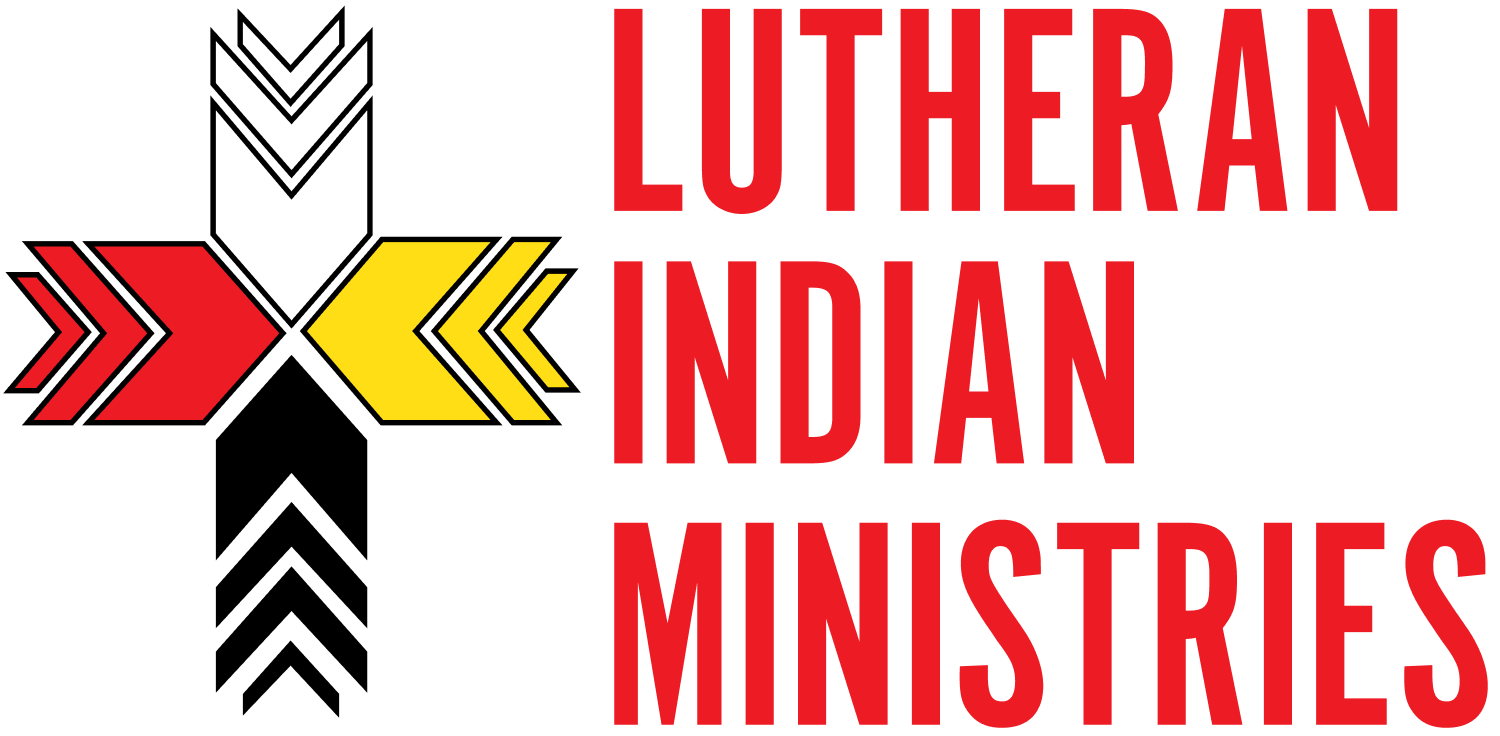This Week in Native American News (10/20/17): The End of Coal for Navajo, Intergenerational Trauma, and 'The Inuit' on Jeopardy
October 20, 2017
Great People Doing Great Things: High School Senior Developing Solar Heaters for Navajo Nation Homes
Meet the Teen Inventor Who Wants to Get the Navajo Nation Off Coal
High school senior Kelly Charley is developing a solar heater for the thousands of homes in the Navajo Nation that don’t have access to electricity. Many people, including Kelly’s grandparents, heat their homes with coal, which researchers believe may be a major cause of respiratory illnesses in the Nation. “Why am I letting my grandparents go through this, when I could do something about it?” says Kelly.
Watch the video here
In other coal news...
The End of Coal Will Haunt the Navajo
The fossil fuel has been an environmental threat and economic necessity for Native American tribes in Arizona. What happens when it's gone?
Inherited Pain - Learning to Deal with the Wounds of the Past
The LOVE Project of Oklahoma and Matriarch presents Native Trauma: Made in America.
A concept that is only recently being not only fully understood but even accepted, intergenerational trauma, has affected every minority class in America, beginning from the very start of colonization and right up to the current injustices that are still being realized today. It’s an issue that the Love Project of Oklahoma, an “initiative geared towards educating and raising awareness about mental health and receiving treatment,” has been dealing with head-on in the African-American community to great effect.
They are currently teaming with Native activist Sarah Adams-Cornell and her inter-tribal female empowerment group Matriarch to expose and bring to the forefront the intergenerational trauma that continues to impact Native American lives with a special public event called “Native Trauma: Made in America,” a program that will focus on “environmental and social factors from the American culture that has caused psychological stress in the Native community.”
If you're in the Norman, Oklahoma, area check it out tomorrow night.
Read the Full Story Here -OR- Learn more about intergenerational trauma
Health Advocates Use Traditional Games
Sasha Houston Brown, center, battled for the ball during an evening of the Creator’s game, which closely resembles lacrosse, in a Minneapolis park. — David Joles, Star Tribune
The players stood on the field in a circle, passing burning sage to one another.
One by one, they waved their lacrosse sticks over the thick, sweet-smelling smoke.
Then they faced off, ready to start play on a recent Sunday at Corcoran Park in Minneapolis. Sasha Houston Brown tossed up the ball. The other players jumped for it — raising their sticks toward the sky and shouting excitedly “to let Creator know we’re playing,” Houston Brown said.
It’s a scene that plays out each week in the park among the dozen or so Native Americans who regularly show up to play old-style lacrosse, or “Creator’s game,” as they call it.
For them, it is more than a game. It’s medicine.
The prescription for better health for Native Americans lies in returning to their roots, Houston Brown and Lisa Skjefte believe. The Minneapolis women are among a new generation of Native health advocates working to improve community health by reviving the active lifestyle of their ancestors.
Read the Full Story Here
Inventing a New Vocabulary
Adams worked with artist Emma Segal to create illustrations that represent the new energy terms. The English translation of the words on this image is: Solar Panels, a flat piece resembling a window/mirror placed on top of a building to collect electricity from the sun to power the house. (Sheena Adams and Emma Segal)
Read more: http://www.smithsonianmag.com/science-nature/inventing-vocabulary-to-help-inuit-people-talk-about-climate-change-180965062/#9Ygc1rCjFGv6RQRm.99
Give the gift of Smithsonian magazine for only $12! http://bit.ly/1cGUiGv
Follow us: @SmithsonianMag on Twitter
Canada’s Northwest Territories comprise one of the fastest-warming regions of the Arctic. Here, residents see spring arrive weeks earlier than it used to, while the ground beneath their homes thaws and slumps. Yet while much of the world talks about solar power, wind energy and other sustainable energy technologies to slow climate warming, Inuvialuit communities can't do the same—at least not in their indigenous language, because the words for these options don't exist.
Sheena Adams is partnering with Inuvialuit elders to change this, by creating a vocabulary around renewable energy in their language of Inuvialuktun. About 20 percent of roughly 3,100 Inuvialuit people speak this language conversationally today, with most also speaking English. This means the project has twin goals: to draw attention to renewable energy options, as well as to help revitalize a declining language, says Adams, a graduate student in environment and sustainability at Royal Roads University in British Columbia.
“There is a big push to help restore those languages because, like a lot of indigenous languages in the world, we are losing them,” she says. “So I thought this would be a good way to support that movement while promoting renewable energy and conservation.”
Read the full story here
Speaking of Inuit: I'll Take "Inuit" for $200
Ready to test your knowledge of "The Inuit?"
That was one of the categories on Jeopardy! Thursday night, thanks to a nudge from the president of Inuit Tapiriit Kanatami.
Read the full story here
It's hard to fit so much news in such a small space.
To read all of this week's news, visit the LIM Magazine.
Sign up to get these emails in your inbox and never miss a week again!







